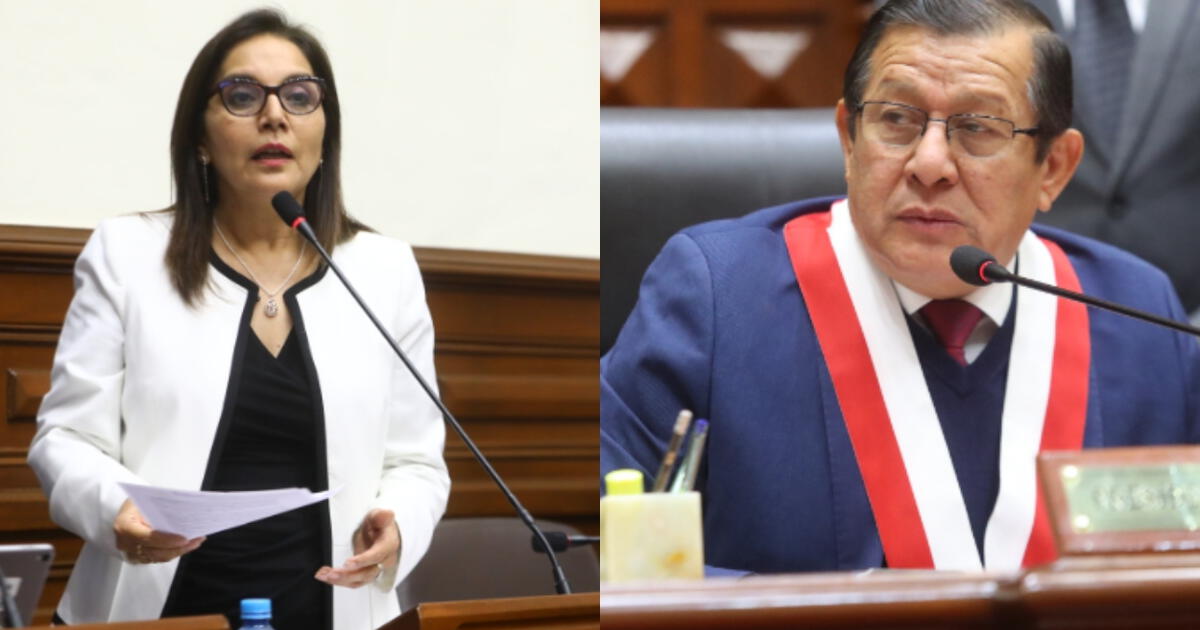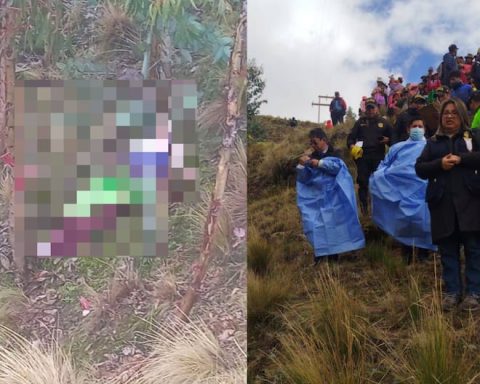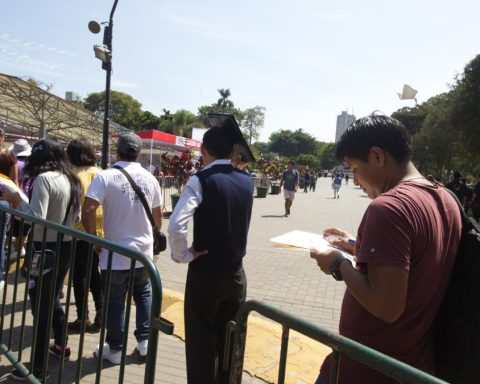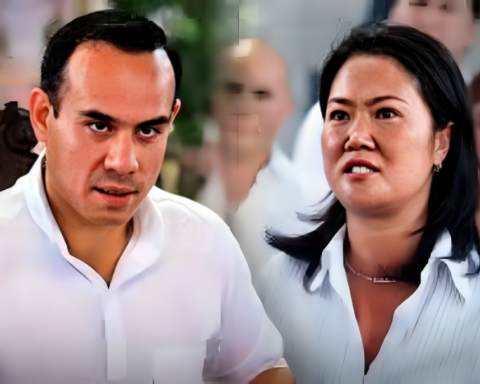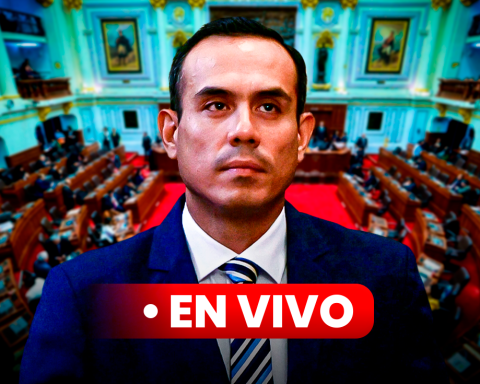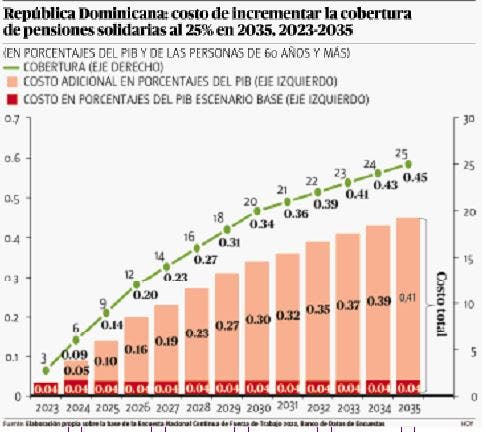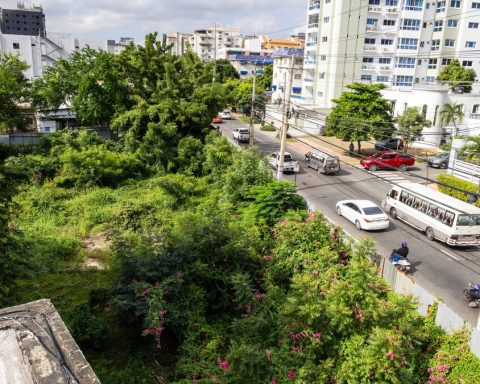The proposal of the President of Congress, Eduardo Salhuana (Alliance for Progress), of suspend the life pension in favor of the convicted Alberto Fujimori While technical consultations are being carried out to determine whether it is legal or not, there would be two votes in favour on the Board of Directors, one against and one to be decided.
At the meeting to be held on Friday, Fujimorism will argue that it is a purely administrative matter. This was announced by the first vice president, Patricia Juarez (Popular Force).
“This is an administrative issue that was the responsibility of the administrative department of Congress, as it happened. It is not up to the Board of Directors to debate it,” said Juárez.
For his part, the second vice president, Waldemar Cerrón (Peru Libre) has already taken a stand. He has stated that no former president should receive a pension as established in Law 26519.
In fact, Cerrón – together with his colleagues from the PL – presented a project in April of this year that repeals this law. The argument is that a criterion of equality should be applied with the other pension regimes existing in the country. It is in the Constitution and Regulations Committee, together with ten other initiatives that directly propose repealing Law 26519 or suspending this benefit in the case of former presidents involved in crimes of function, criminal organization and/or money laundering and corruption.
Meanwhile, the third vice president, Alejandro Cavero (Avanza País), has indicated that the decision should be “of a technical nature.” It should be remembered that in April he said he was in favor of the pension for Fujimori, although in the midst of the current debate he admitted that since Law 26519 “is not clear” it is convenient to hold consultations, as Salhuana has proposed. He has avoided specifying whether his original position remains and, when asked by journalists, he has responded that he first prefers to listen to all parties before deciding in one direction.
So, based on what the MD members declared, there would be two votes in favor of suspending the payment to Fujimori (Salhuana and Cerrón), one against (Juárez) and one in doubt (Cavero). In the event of a tie, Salhuana would have the deciding vote, Cavero explained.
More objections
On Wednesday, Salhuana said that his administration as head of the Legislature wants to be “extremely receptive to citizens, to the opinions of the various political sectors and to the opinions of the experts who have expressed their points of view.”
And, by the way, there are those who have expressed their reservations about this issue and who could not, under any circumstances, be described as anti-Fujimorists.
For example, José Cueto (Honor and Democracy) said he agreed with the suspension while legal consultations are carried out. Hector Acuña, from the same benchalso raised something similar. From the legal field, lawyer Natale Amprimo has written in an opinion column that “the reinstatement of Fujimori’s pension is clearly illegal” and that the Board of Directors of Parliament “cannot stand aside.”
Law 26529 establishes that former constitutional presidents “will enjoy a pension equivalent to the total income of an active Congressman” but that it will be suspended if they have a constitutional accusation, unless the Judiciary declares them innocent.
In the case of Fujimori, various specialists have warned that his sentences remain in force and that the pardon has only allowed him to leave prison. Congresswomen Ruth Luque and Sigrid Bazán (Popular Democratic Bloc) asked that the measure be revoked. Luque, in a letter addressed to Salhuana, recalled that Pedro Castillo also requested this benefit and was rejected. “So it is not understood how in the case of someone sentenced for several crimes like A. Fujimori it is admissible,” Luque added in her communication.
Susel Paredes (Popular Democratic Bloc) sent a letter to the Attorney General, Juan Carlos Villena, asking the Public Prosecutor to formally initiate an investigation “regarding the administrative acts” that led to the issuance of the resolution that granted Fujimori a life pension. “Preparing administrative documents with inaccurate or biased information has legal consequences, especially if they are used to generate state spending,” she warned.
